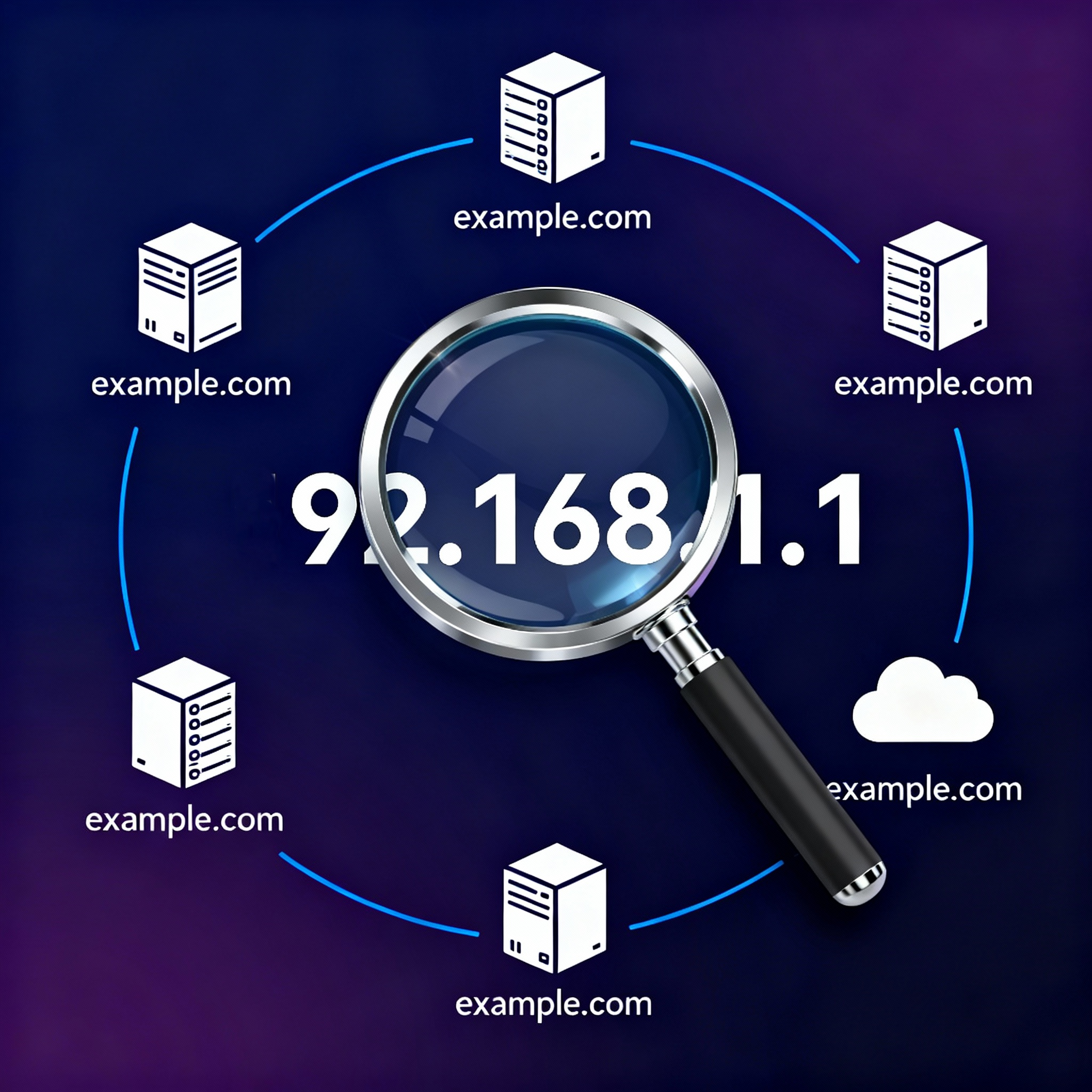
Reverse IP Lookup
Created on 18 October, 2025 • Checker tools • 81 views • 2 minutes read
A Reverse IP Lookup is a specialized search tool that reveals all domain names hosted on a single IP address
Reverse IP Lookup: Discover Domain Connections and Strengthen Web Security
What Is Reverse IP Lookup?
A Reverse IP Lookup is a specialized search tool that reveals all domain names hosted on a single IP address. In contrast to a typical IP lookup—which matches a domain to its IP—reverse IP lookup starts with the IP and provides a complete list of associated websites. This is particularly useful for cybersecurity professionals, webmasters, and digital marketers investigating online presence and server infrastructure.
How Does Reverse IP Lookup Work?
Reverse IP lookup tools scan DNS records and web hosting data to show:
- All domains pointing to a given IP address
- Shared hosting situations
- Historical domain changes These tools leverage extensive databases and APIs to present real-time, accurate results for both public and private IPs.
Why Use a Reverse IP Lookup?
Cybersecurity and Threat Detection
Security teams use reverse IP lookup to spot suspicious domains sharing infrastructure, investigate phishing or malware domains, and uncover attack vectors. Seeing which sites reside together can reveal patterns or vulnerabilities in web hosting setups.
Marketing and Competitive Analysis
Digital marketers and SEO specialists leverage reverse IP lookup to analyze competitors. It helps identify networks, hidden properties, PBNs (private blog networks), and co-located sites that impact SEO performance or backlink strategies.
Server Management and Troubleshooting
Webmasters use reverse IP lookup to check for overcrowded servers, diagnose DNS resolution issues, and ensure legitimate domains aren’t sharing space with spam or harmful websites.
Key Features of Advanced Reverse IP Lookup Tools
- Bulk IP searches: Analyze multiple IPs for large projects
- Historical records: See past domain associations and changes
- Filter and export options: Segment by country, status, or web host, then download data for reports
- Automated APIs: Integrate functionality into internal security or marketing platforms
Popular tools include ViewDNS.info, Spyse, WhoisXML API, MXToolbox, and security suites like Shodan.
SEO Impact and Analysis
Assessing Shared Hosting Risks
Domains on shared IPs may suffer SEO losses if neighbor sites are flagged for spam or blacklisting. Using reverse IP lookup, webmasters can preemptively analyze risks and move to safer hosts.
Backlink and Network Insights
Understanding domain co-location is key for competitor tracking and uncovering hidden link networks—essential for robust off-page SEO strategies.
Best Practices for Reverse IP Lookup
- Regularly audit your server’s domain list for suspicious activity
- Monitor for unexpected changes in domain associations
- Use reverse IP services to validate new hosting providers and their reputation
- Document historical results to track infrastructure migrations and competitor networks
Conclusion
Reverse IP lookup is an invaluable asset for cybersecurity, marketing, and server management. It empowers professionals to analyze hosting environments, safeguard web properties, and optimize SEO strategies with data-driven confidence.
Popular posts
-
GIF to BMPImage Manipulation tools • 583 views
-
GIF to WEBPImage Manipulation tools • 462 views
-
GIF-to-PNGImage Manipulation tools • 363 views
-
SHA-3/512 generatorConverter tools • 292 views
-
GIF to JPGImage Manipulation tools • 257 views